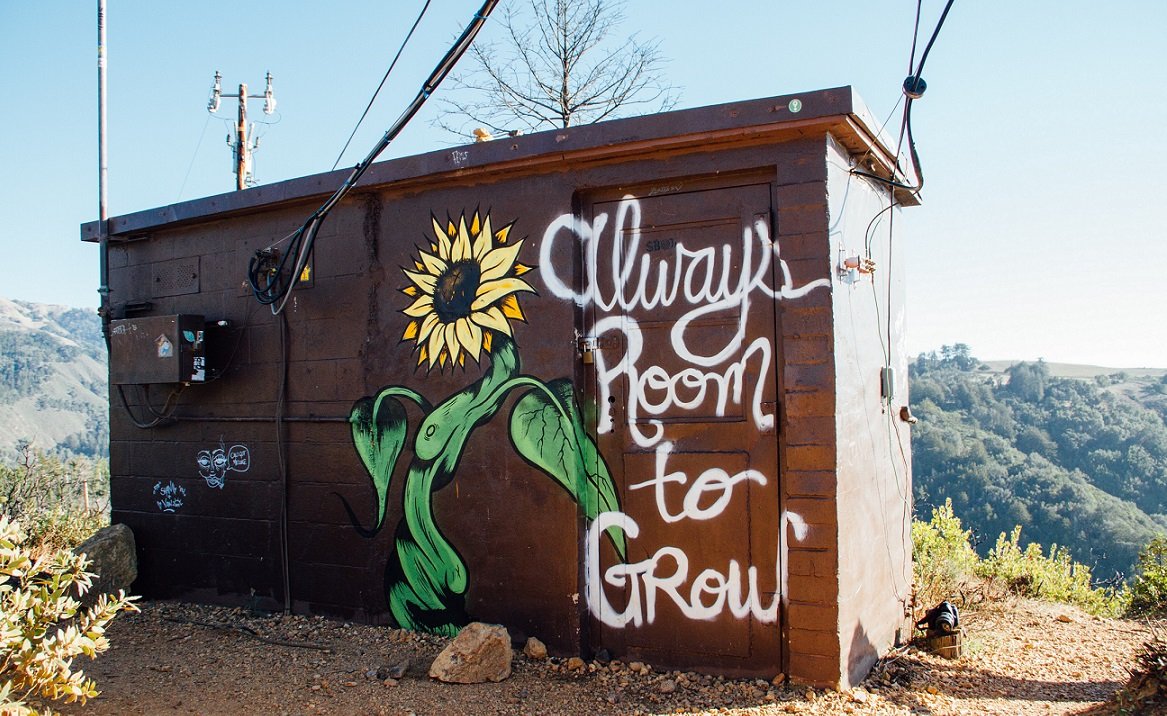
We are living through a period of mass crisis. The issues we face predate the pandemic, but have only been brought into sharper focus by Covid-19. In the light of these issues, at the recent launch for the National Centre for Cultural and Academic Exchange, I posed the question: ‘are our current models for research and knowledge exchange up to the job?’ This blog post is the first of two exploring alternative models for collaborative academic research.
Research has been described as ‘a process of investigation leading to new insights, effectively shared’. Universities typically position professional researchers as producers of insights, and the public as recipients. Although some universities are attempting a more engaged approach, we still tend to cordon off the research itself from engagement with it. This is because researchers are evaluated on how ‘our’ ideas have impacted on the outside world.
However, by pushing public engagement to the end of the process, we miss opportunities to garner insights from experts and cultural workers. But, what if we inverted the traditional research model and started with the premise that the greatest insights come from the cultural, rather than the academic, sphere? What if we recognised that citizens, rather than professors, are the true innovators of knowledge?
I am currently co-designing a new model for citizen research which borrows from the notion of pedagogy, a lifelong approach to learning which places emphasis on educators working ‘alongside’ learners. Research and development should not be about relentless growth or ‘progress’. Instead, they should be about supporting communities and ecologies to envisage and facilitate sustainable ways of growing up and growing old together.
The Writer’s Cycle is an example of what this research looks like in practice. The Cycle set out to address gaps in knowledge, originally identified by Arts Council England, about how to increase inclusivity and engagement in creative writing education provision. In the last iteration of this research, responding to the 2020 pandemic, I worked alongside writing facilitators to co-produce insights about how to adapt best practice in writing education to virtual environments to allow people to still feel connected during a period of mass isolation that was brought about as a result of the pandemic. Through this research, I’ve collaborated with over 700 facilitators and engaged with 30,000 participants via online events, reaching a further 2 million via social media.
Going forward, I’d like to expand upon the idea of research as a way of working ‘alongside’ other cultural leaders, and experts. This would entail co-designing new methodologies to support collaborative research.
Please note that this blog post is the first of two exploring alternative models for collaborative academic research. Part Two can be found here.
Bambo Soyinka NCACE Blog Part 1. Image Credit: Kyle Glenn
